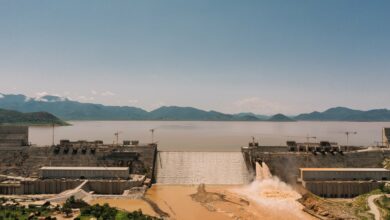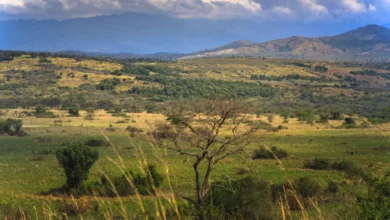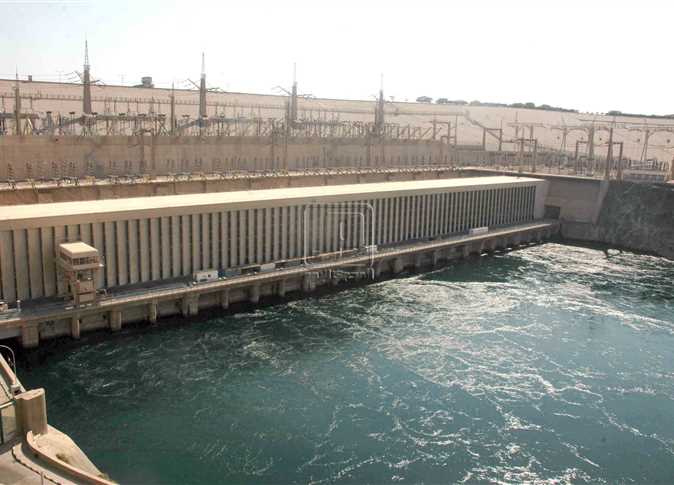Mahmoud Abu Zaid, former minister of water resources and irrigation, asserted that Burundi’s decision to join five other upstream countries in signing the Nile Basin pact does not seal the deal on reallocation of river resources. Abul Zaid said putting the pact into effect entails a number of procedures, including ratification by each country’s parliament.
The new agreement between upstream countries seeks to change the colonial-era arrangement that entitles Egypt and Sudan to the river’s flow and gives them veto rights over water projects in other countries.
“We should not rush in responding to actions of Nile Basin countries,” Abul Zaid told Al-Masry Al-Youm. “Instead, it is important to look for a comprehensive framework for cooperation which preserves everyone’s rights and achieves water security for countries on the Nile.” According to international law, he said, the new pact applies only to signatory countries and does not apply to the downstream countries, namely Egypt and Sudan.
Abu Zaid added that billions of cubic meters of water fall on the Nile Basin countries–be it on the equatorial or Ethiopian plateaus. Egypt only gets 84.5 billion cubic meters while the rest is wasted. Abu Zaid pointed out that capturing this wasted water would allow Basin countries to manage water resources without reducing the flow that reaches Egypt.
The former minister called for the need to provide Egyptian technical support to upstream countries in order to set up projects to utilize the wasted water.
Responding to a question regarding whether international financial institutions could support upstream countries in constructing dams that would obstruct the natural flow of the Nile, Abu Zaid asserted that these institutions have criteria for financing certain projects. The criteria include securing the approval of countries along the Nile before financing any projects that affect the flow of the water to downstream countries.
Six upstream countries have so far signed on to the Entebbe-based Nile Basin Initiative, which will establish the Nile Basin Commission, a body mandated with approving river projects in basin countries.
Tensions between upstream and downstream countries have long been a key diplomatic issue for Egypt, especially as its water resources are strained by a burgeoning population.




